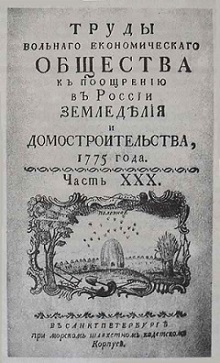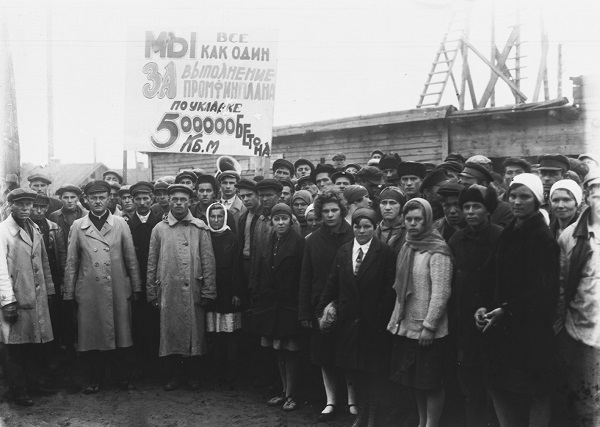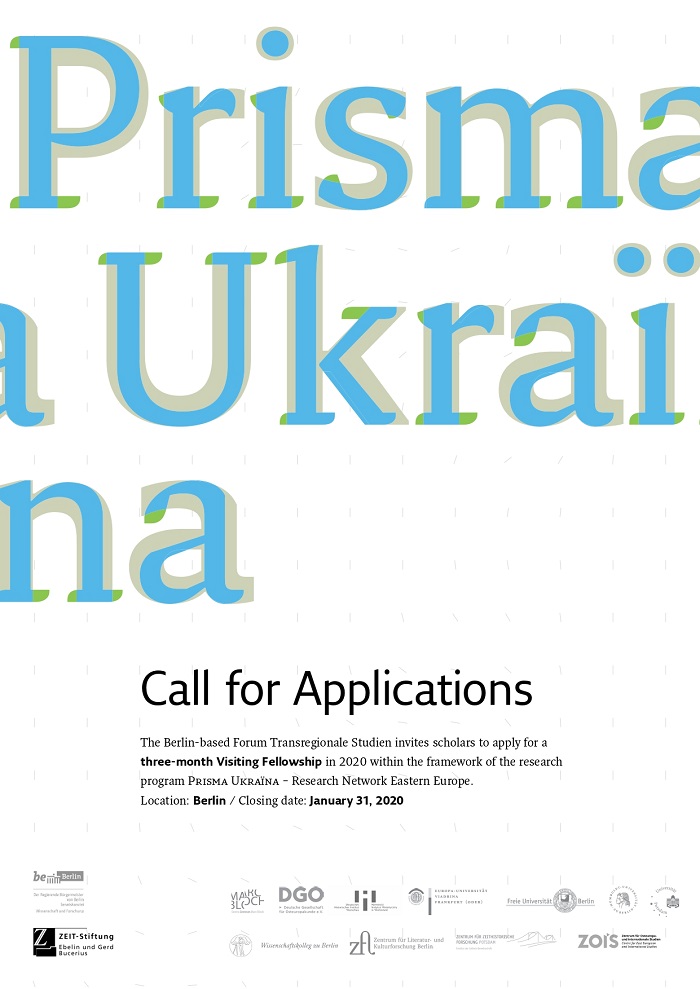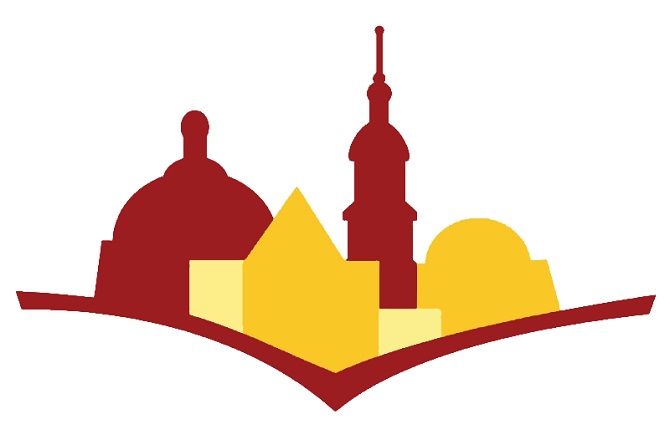Національний університет "Києво-Могилянська академія"
Кафедра історії
Науково-дослідний центр "Спадщина Києво-Могилянської академії"
Науковий семінар "Проблеми освіти й освіченості в середньовічній та ранньомодерній Україні"
5 лютого 2020 р., Музей НаУКМА
9.45-10.45 – Секція І. Вихователі, вихованці та шкільні практики
Модератор: Юрій Волошин (Полтавський національний педагогічний університет ім. В. Г. Короленка)
Дискутанти: Наталя Яковенко (НаУКМА), Лариса Довга (НаУКМА)
Хто і коли прочитав перший повний теологічний курс у Києво-Могилянській академії? Максим Яременко (НаУКМА)
Про викладання богослов’яв Києві йшлося вже в піонерських наукових дослідженнях історії Могилянської академії у першій половині XIX ст. Практично відразу присутність теологічного курсу в навчальній програмі пов’язувалася зі статусом «латинських шкіл». На кінець XIX ст., здавалося, питання часу появи повного богословського курсу в Києві було остаточно вирішено. Втім, висновки дослідників підважує інформація з проповіді, виголошеної в Батурині у 1697 р. Цей голос «із середини» могилянської професорської корпорації дає змогу передатувати запровадження повних чотирирічних теологічних студій в колегіумі.
Освітні практики учнів Уманської василіанської школи. Ігор Кривошея (Уманський державний педагогічний університет ім. П. Тичини)
Василіанські монастирі були осередками міжкультурної взаємодії на українських землях. Велику увагу ченці приділяли просвітницькій діяльності, спочатку переважно релігійної спрямованості. З 70-х років XVIII століття, після заборони діяльності ордену єзуїтів, навчання у василіанських школах набуває більш світського характеру.
У василіанській школі, що діяла при Уманському Свято-Богородицькому монастирі (1765-1834 рр.), учні обов’язково вивчали богослов’я, латинську мову, а також історію, математику, фізику, філософію, красномовство, право, французьку та німецьку мови. Навчання тривало кілька років, а в одному класі могли навчатися діти духовенства і шляхти різновікових груп. Окрім духовного самовдосконалення, значну роль відводили фізичному вихованню учнів. До послуг ченців, вчителів та вихованців монастиря й школи була книгозбірня.
10.40-11.10 – Перерва на каву
11.10-13.00 – Секція І. Вихователі, вихованці та шкільні практики (продовження)
Учні та учителі шкіл Волинського воєводства останньої чверті ХVIII століття. Оксана Карліна (Східноєвпопейський національний університет ім. Лесі Українки)
Світська освіта у Києві у 80-х 90-х рр. XVIII cт. Володимир Маслійчук (НаУКМА)
З 1781 р. Київ став центром одного з «малоросійських» намісництв, земель колишньої Гетьманщини, це спричинило як переїзд до міста чиновників з Лівобережної України, так і спроби створити освітні заклади світського типу. Крім приватних практик та невдалої спроби створити «німецьке училище» у 1783 р., ці заходи мали успіх лише 1789 р. з часом відкриття Київського головного народного училища, що однак зберігало тісний зв’язок з Києво-Могилянською академією.
Юзеф Лукашевіч і його візія історії єзуїтського шкільництва в Речі Посполитій Обох Народів. Сергій Сєряков (Харківський національний педагогічний університет ім. Г. С. Сковороди)
Доповідь присвячена Юзефу Лукашевічу – одному з чільних великопольських істориків другої третини ХІХ ст., який відіграв ключову роль у формуванні «чорного образу» Товариства Ісуса у польській історіографії. Увага буде сконцентрована, зокрема, на сторінках біографії цього польського автора, чинниках формування його негативного ставлення до ордену єзуїтів, ролі Юзефа Лукашевіча у розширенні тематичного поля і джерельної бази вивчення історії освітньої діяльності Товариства Ісуса в Речі Посполитій. Ще одним важливим аспектом доповіді є аналіз концептуального образу єзуїтського шкільництва (а саме – з’ясування його якісного рівня, ролі у суспільно-політичному, релігійному і культурному житті польського народу etc.), який вимальовується у наукових працях Юзефа Лукашевіча.
13.00-14.00 – Перерва
14.00-15.30 – Секція ІІ. Освіченість та її флуктуації
Модератор: Валентина Шандра (ІІУ НАНУ, НаУКМА)
Дискутант: Олексій Сокирко (КНУ ім. Т. Шевченка)
Чому князь Всеволод Ярославич знав п’ять мов. Вадим Арістов (Інститут історії України НАНУ, НаУКМА)
Хрестоматійно відомо, що батько Володимира Мономаха, князь Всеволод Ярославич знав п'ять мов. Про це пише Мономах у своєму «Повчанні». Неодноразово дослідники намагалися визначити, які саме це були мови. У доповіді пропонується нестандартний підхід до цього питання.
Освіченість неурядової старшини через призму реєстрів XVIII ст. Ірина Кривошея (Уманський державний педагогічний університет ім. П. Тичини)
Аналізуються відомі реєстри і різноманітні списки неурядової старшини Гетьманщини з метою з’ясування їх інформативності щодо освіти і освіченості цієї групи козацької старшини. Увагу зосереджено на документах XVIII ст., хоча предмет дослідження змушує залучати деякі списки XVII ст., зокрема, присяги козацьких полків 1676 та 1682 р. Простежується загальний стан і тенденції змін освіченості неурядової старшини.
Бібліотека Варлаама Шишацького як маркер змін культурно-інтелектуального життя на межі ХVІІІ-ХІХ ст. Людмила Посохова (Харківський національний університет ім. В. Н. Каразіна)
Доповідь присвячено аналізу вмісту особистої бібліотеки відомого церковного діяча Варлаама Шишацького (1750-1821). Ця книгозбірня була однією з найбільших бібліотек свого часу (майже 4 тисячі примірників). Реєстр бібліотеки раніше не досліджувався. У доповіді робиться висновок про те, що подібні книжкові зібрання вищого духовенства дають змогу простежити зміни в читанні на українських теренах, зафіксувати межі й виявити канали поширення нових віянь, визначити наслідки культурного трансферу, залученість цього регіону в загальноєвропейські процеси, специфіку пошуків відповідей на виклики Просвітництва.
15.30-15.50 – Перерва на каву
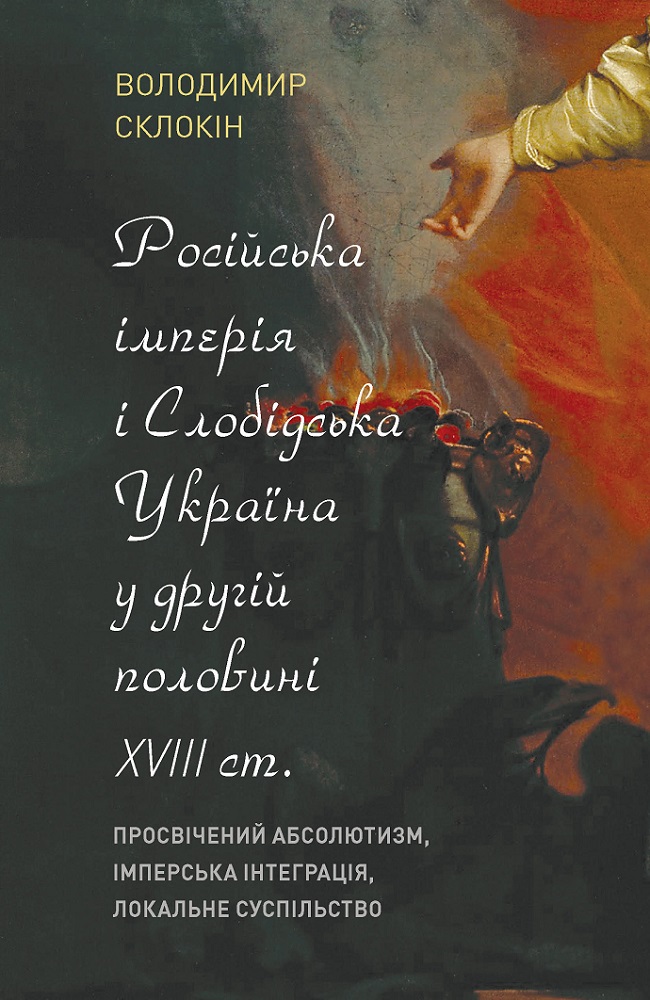 15.50-17.10 – Презентація монографії Володимира Склокіна «Російська імперія і Слобідська Україна у другій половині XVIII ст.: просвічений абсолютизм, імперська інтеграція, локальне суспільство» (Львів: Видавництво УКУ, 2019, 268 с.).
15.50-17.10 – Презентація монографії Володимира Склокіна «Російська імперія і Слобідська Україна у другій половині XVIII ст.: просвічений абсолютизм, імперська інтеграція, локальне суспільство» (Львів: Видавництво УКУ, 2019, 268 с.).
У монографії розглядаються обставини скасування автономії Слобідської України у 1765 р. та інтеграції регіону до складу Російської імперії у наступні десятиріччя. Дослідження зосереджується на трьох основних темах: специфіці російського просвіченого абсолютизму, характері і ролі імперської уніфікації, а також становищі слобідського суспільства наприкінці XVIII ст. Спеціальна увага приділена з’ясуванню місця Слобідської України у символічній географії Російської імперії, трансформації регіональних ідентичностей під впливом інтеграційних перетворень, а також аналізові феномену українського Просвітництва як потенційній альтернативі петербурзькому просвіченому абсолютизму.
Модератор: Максим Яременко (НаУКМА)
Спікери: Володимир Склокін (Український католицький університет),
Юрій Волошин (ПНПУ ім. В. Г. Короленка),
Людмила Посохова (ХНУ ім. В. Н. Каразіна),
Володимир Маслійчук (НаУКМА).
17.10-17.20 – Перерва
17.20-19.00 – Секція ІІІ. Застосування та поширення знань
Модератор: Володимир Склокін (УКУ)
Дискутант: Оксана Прокоп’юк (Національний Києво-Печерський історико-культурний заповідник)
Рукопис Іоанна Дамаскіна зі збірки Києво-Софійського монастиря в контексті дослідження українських навчальних та перекладацьких осередків 1570-х рр. Наталія Бондар (Національна бібліотека України ім. В. Вернадського)
Рукопис Іоанна Дамаскіна зі збірки Києво-Софійському собору, що датується за філігранями серединою 1570-х рр., давно введений в науковий обіг і відомий дослідникам. Традиційно походження пам’ятки пов’язують з перекладацьким гуртком кн. А.Курбського в Миляновичах чи в Ковелі. Проте рукопис написано кількома почерками курсивним шрифтом, характерними для тогочасної української, насамперед волинської ділової документації. Він містить сліди редакційної, перекладацької і коментаторської роботи, яку не було завершено. Комплекс його кодикологічних, текстологічних, філігралогочіних досліджень піднімає питання ідентифікації освітнього і книжного осередка, відмінного від гуртка А.Курбського, який діяв на волинських теренах в 1570-х рр., учасники якого б займалися перекладом і редагуванням найпопулярніших богословських праць, переписуючи тексти відпрацьованими писарськими почерками. В більш широкому контексті йдеться про функціонування тогочасних початкових писарських шкіл, невідомих за документальними джерелами.
Дисциплінування через освіту: літургійний обряд і душпастирські обов’язки парафіяльного духовенства в циклах соборових повчань київських митрополитів XVI - першої половини XVII століть. Ігор Скочиляс (УКУ)
Новознайдений рукопис музично-теоретичного трактату Миколая Дилецького – «переяславський» список (1734). Владислав Безпалько (Національний музей історії України), Іван Кузьмінський (Національна музична академія України ім. П. І. Чайковського)
В експозиції Національного музею історії України було виявлено один зі списків музично-теоретичного трактату Миколая Дилецького. Ця знахідка об’єктивно претендує на статус непересічної події у сфері української історичної музикології, адже подібна комплектна музично-теоретична пам’ятка в Україні востаннє була віднайдена ще за радянських часів, а її публікація відбулася рівно 50 років тому і була підготовлена дослідницею Олександрою Цалай-Якименко. Віднайдений рукопис був спеціально переписаний для Переяславського кафедрального собору, про що міститься відповідна вказівка на титульному аркуші. У свою чергу, дата написання рукопису, а саме 1734 рік, узгоджується із заснування у 1738 році у Переяславі православного колегіуму. Таким чином, доцільно припустити, що музично-теоретичний трактат було переписано для навчання місцевих учнів, одним з обов’язків яких був спів під час богослужіння.
Поширення господарських знань «Вольным экономическим обществом» в останній третині ХVIII ст. Валентина Шандра (ІІУ НАНУ, НаУКМА)
Йтиметься про чинники, що вплинули на заснування Вільного економічного товариства 1765 р. та визначили напрямки його діяльності в останній чверті ХVIII століття. Звернена увага на шляхи розповсюдження господарських знань і, зокрема, вказано яких саме. Здійснюється спроба окреслити місце української господарської традиції у діяльності товариства, участь у ньому поміщиків та фахівців з українських земель. На завершення авторка намагається з’ясувати, чому зусилля товариства не принесли бажаного успіху задумам його організаторів.
Регламент:
Доповідь – до 20 хв.
Виступ дискутанта, спікера на презентації – до 10 хв.
Участь у дискусії, запитання – до 5 хв.
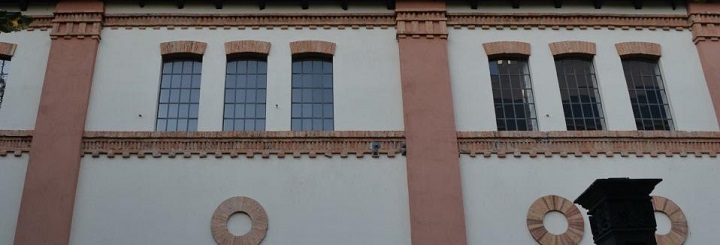

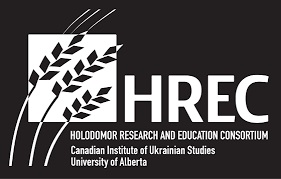
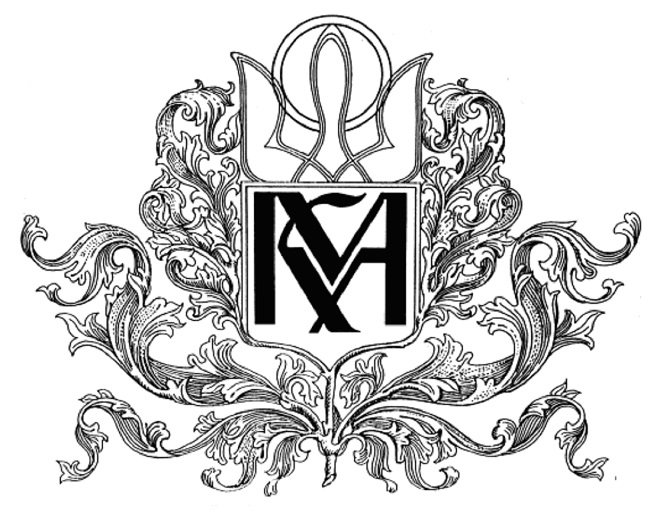
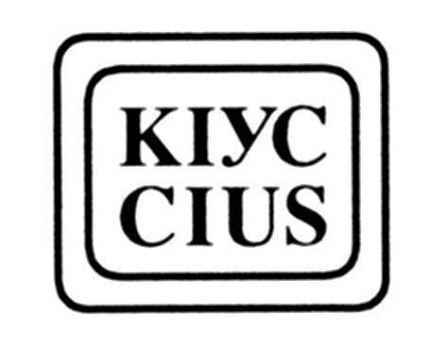

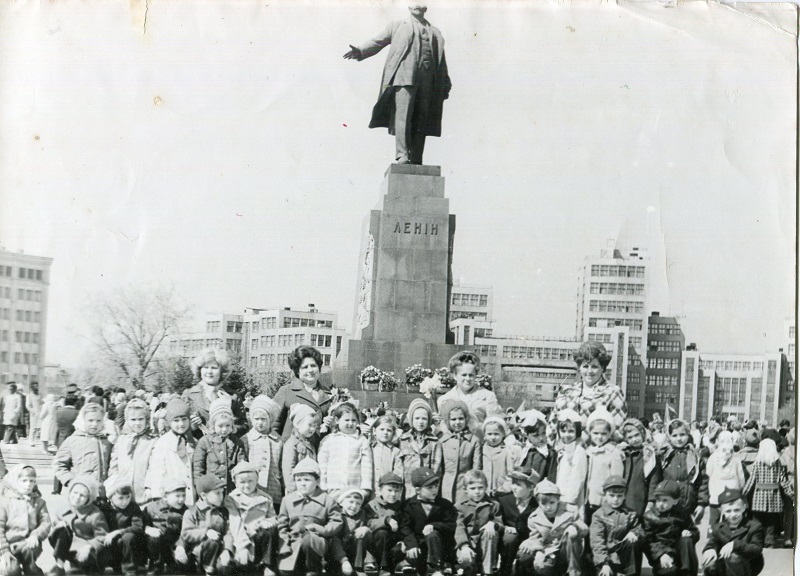
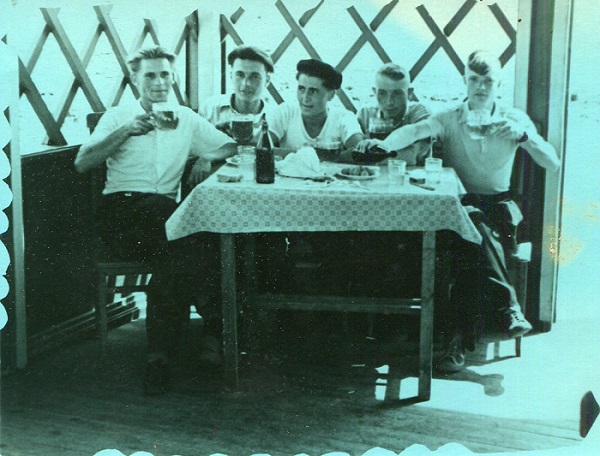

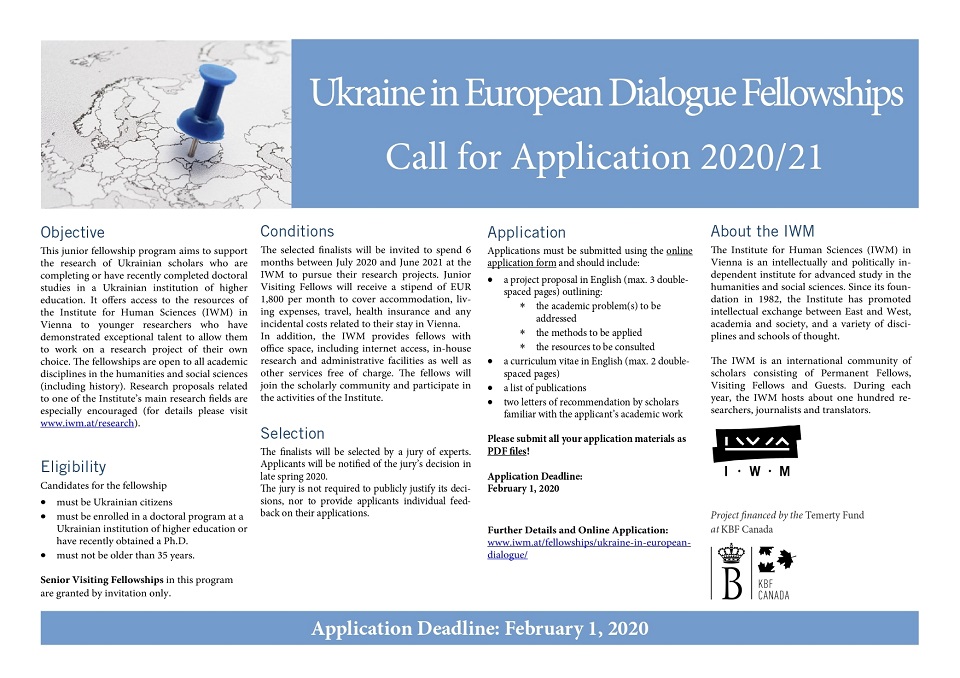


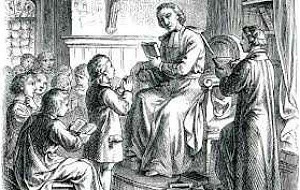
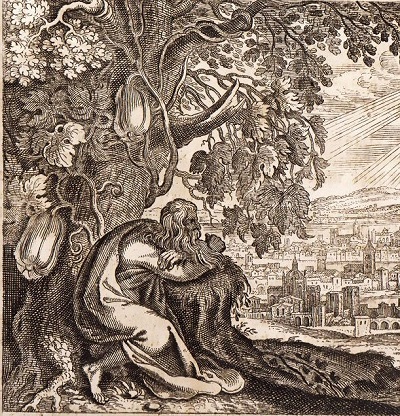
 15.50-17.10 – Презентація монографії Володимира Склокіна «Російська імперія і Слобідська Україна у другій половині XVIII ст.: просвічений абсолютизм, імперська інтеграція, локальне суспільство» (Львів: Видавництво УКУ, 2019, 268 с.).
15.50-17.10 – Презентація монографії Володимира Склокіна «Російська імперія і Слобідська Україна у другій половині XVIII ст.: просвічений абсолютизм, імперська інтеграція, локальне суспільство» (Львів: Видавництво УКУ, 2019, 268 с.).